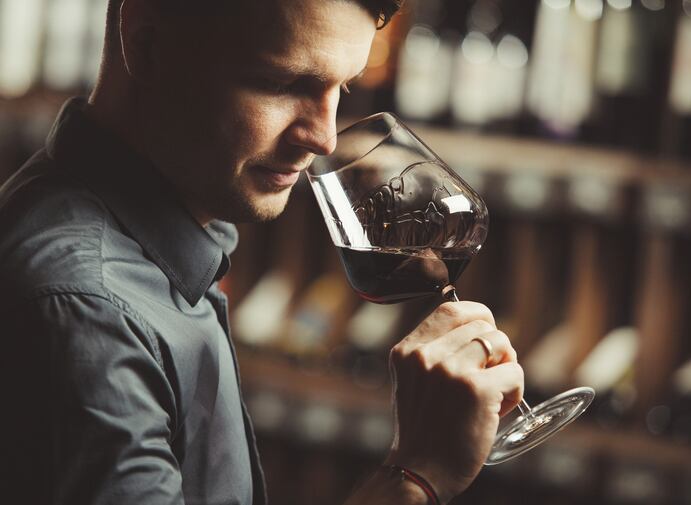L’Union des Œnologues de France - France’s union of œnologues - is putting the spotlight on the problem with an investigation into how wine experts have been affected – and what can be done to help professionals in the future.
Out of the wine professionals who have tested positive for COVID-19, almost 70% reported a loss of smell, while 38% said olfactory and gustatory problems have affected their professional life.
The union wants to see wine professionals moved up the vaccination schedule; increased social security for œnologues; and further research into the loss of sense and smell as a result of COVID-19.
Global study
Around 30,000 new cases are confirmed a day in France. Nearly 4 million cases have been reported to date, approaching 90,000 deaths in total (France has a population of around 67 million).
The loss of sense and smell is one of the more complex and complicated symptoms of COVID-19: with the symptoms and their duration varying from patient to patient. But when it comes to œnologues or other wine professionals, this also impacts their career.
The L’Union des Œnologues de France, in collaboration with medical specialists ORL, carried out an investigation into wine experts affected by COVID-19 between May and July 2020: the first inquiry of its type.
The study covered 2,625 professionals from across the wine profession (50% were œnologues but the study also included professions such as wine producers and buyers).
While 73% of respondents were in France, the survey also covered 37 countries including Italy, Switzerland, Spain, Bulgaria, Portugal, Brazil and Chile).
Their key findings were:
- Wine professionals were impacted proportionally to the wider population
- Among wine professionals who suffered from COVID-19 (a total of 69 people in this study), 68% loss their sense of smell, 56% loss their sense of taste; and 30% did not report any concerns
- A total of 61% wine professionals who suffered from COVID-19 fully regained their senses of smell and taste. However, 32% said the recovery was partial; and 7% had not fully regained the senses by the end of the study
- It took up to 70 days to regain senses
- 38% of wine professionals with COVID-19 said their olfactory and gustatory troubles had affected their professional life
- Women were slightly more affected than men
- Age groups were equally affected
Priority vaccination for wine professionals?
L’Union des Œnologues de France has set out key priorities for the wine sector going forward. Firstly, it wants to see problems with taste and smell recognised as a ‘maladie invalidante’ - a non-visible handicap – putting these problems in the same category as heart concerns, diabetes or asthma. It also wants to see reinforced social security coverage for oenologues, particularly those who are independent.
The union is also calling for wine professionals to be considered as a priority group for vaccination (after people considered vulnerable); and a blanket recommendation for wine professionals to consult a ORL doctor to prevent, diagnose and treat any problems.
Finally, it is calling for a national research program into the loss of sense and smell.
COVID-19 and the loss of taste or smell
- Many people infected by COVID-19 lose their sense of smell, and to a lesser extent, their sense of taste, which do not necessarily return after they recover.
- The most reliable symptom of the onset of COVID-19 is the recent loss of smell without having a stuffy nose.
- In France, a peak in cases of smell or taste loss observed in late March 2020 was noted around 10 days before a peak in ICU hospital admissions of COVID-19 patients (detecting symptoms could help public health officials track the disease over a given time period and geographical area)
Source: The Global Consortium for Chemosensory Research (GCCR) / INRAE, France’s National Research Institute for Agriculture, Food and Environment




